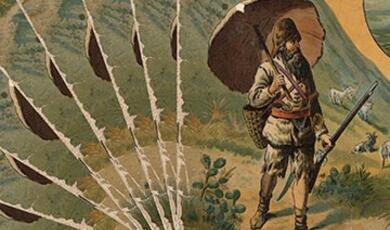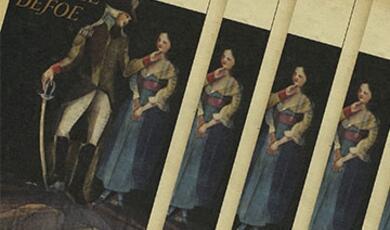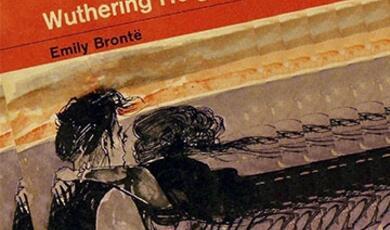Press release: Historical fiction

Historical fiction was kept alive by Georgette Heyer in the twentieth century
Recent novelists have found new freedom in the very constraints of the genre
Explores the towering reputation – and fall - of Sir Walter Scott
Embargo: Weds 1 March 2023, 7pm
We would like to invite you to a hybrid lecture by Professor John Mullan on Historical Fiction from Sir Walter Scott to Georgette Heyer and Hilary Mantel, taking place next Wednesday.
Mullan is Visiting Professor of English Literature at Gresham College and this is part of his series on the Powers of the Novel. In the lecture Mullan will explore how the historical novel was once the most important type of fiction, and how it came to be thought an inferior genre.
He will comment on how the historical novel was born, and how Georgette Heyer in particular has shaped the modern historical novel – with her meticulous research both of language and costume.
“So convincing was this found (and she has indeed done her research), that most online lexicons of Regency English are based not on dictionary knowledge or the publications of the time – but on the novels of Georgette Heyer.”
Today novelists from Patrick O’Brian to Philippa Gregory pride themselves on their historical research, he says. Mullan will also comment on the immersion of novelists like Paul Kingsnorth, whose language in The Wake makes it seem “literally, old.”
He goes on to say “Where, for the Victorians, the historical novel was a kind of duty – a taxing obligation – for recent novelists it has provided freedom. The very constraints that come with attending to the events, the conventions, the social laws of the past have allowed for a formal inventiveness that can be delightfully, thrillingly ‘literary’.”
ENDS
Notes to Editors
You can sign up to watch the hybrid lecture online or in person; or email us for an embargoed transcript or speak to Professor Mullan: l.graves@gresham.ac.uk / 07799 738 439
Read more about Professor Mullan.


 Login
Login








